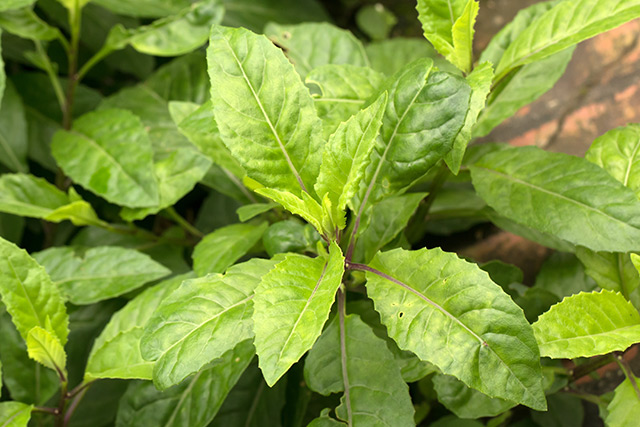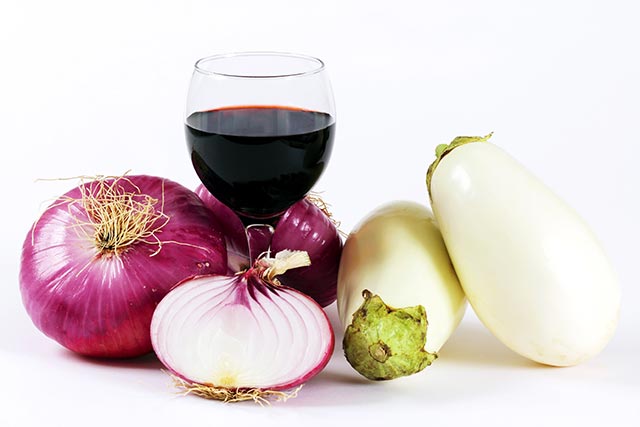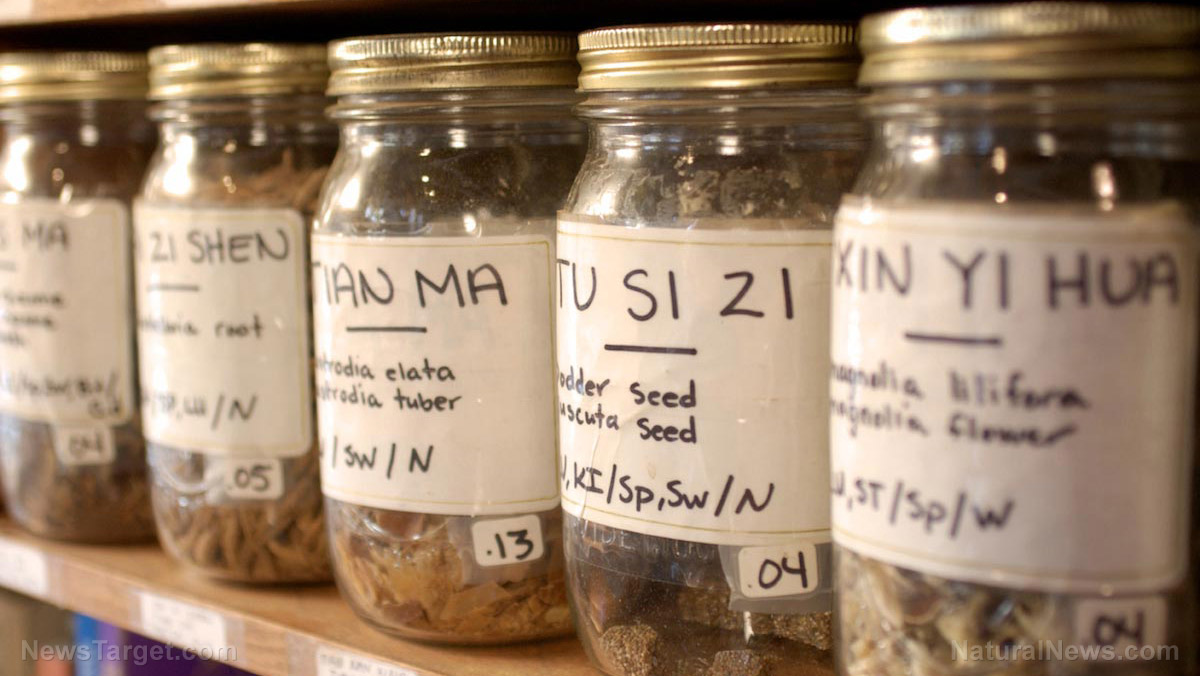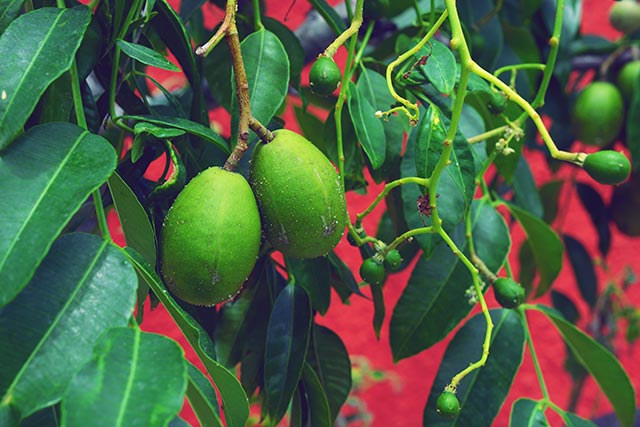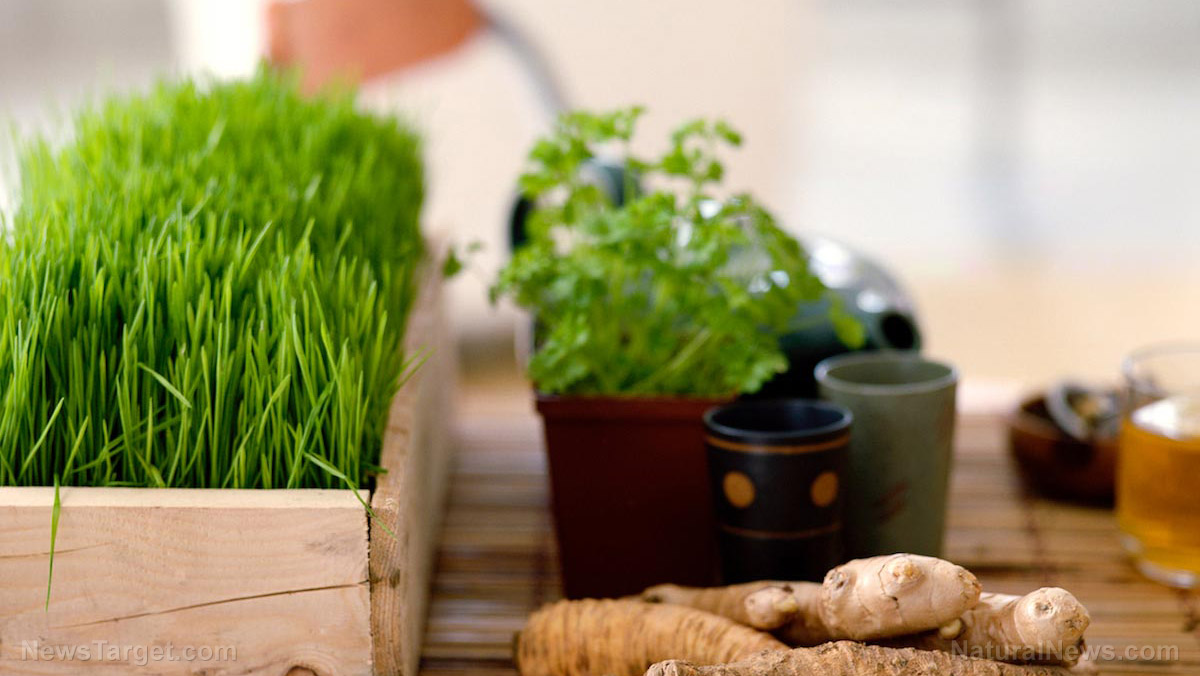Green chiretta (Andrographis) functions as a natural remedy for the common cold
02/03/2019 / By Michelle Simmons

In Scandinavian and Asian countries, green chiretta (Andrographis paniculata) is a common remedy for common cold, fever, and noninfectious diarrhea. In a study published in the journal Planta Medica, researchers have found that multiple oral dosing of green chiretta (Andrographis paniculata) at the normal therapeutic dose for the common cold and uncomplicated upper respiratory tract infections regulates various clinical parameters within normal ranges.
A team of researchers from Thailand looked at the physiological effects of short-term multiple dose intake of a standardized green chiretta capsule used for the treatment of the common cold and uncomplicated upper respiratory tract infections.
For the study, the Thai research team recruited 20 healthy participants, who were then given 12 capsules or 4.2 grams (g) of a standardized green chiretta crude powder per day. For three consecutive days, the participants took four green chiretta capsules (amounting to 1.4 g) thrice a day every eight hours. Then, the researchers measured clinical parameters, such as blood pressure, electrocardiogram, blood chemistry, hematological profiles, urinalysis, and blood coagulation.
The results revealed that all of the measured clinical parameters within normal ranges for a healthy person. Thirty minutes after the intake of green chiretta, the research team saw a rapid and transient decrease in blood pressure. This resulted in a substantial decrease in mean systolic blood pressure.
After the third day of treatment, researchers observed some changes in some parameters. There were increases in white blood cells and absolute neutrophil count in the blood, as well as a decline in plasma alkaline phosphatase. Additionally, they observed an induction of urine pH. During the treatment period, no serious adverse events occurred.
Based on these findings, the research team concluded that multiple intakes of green chiretta capsule at a normal dose modulate clinical parameters within normal ranges for a healthy person.
More on green chiretta
Also known as Indian Echinacea, green chiretta has long been used as a herbal medicine in traditional Chinese medicine and Ayurveda. This bitter-tasting herb contains high levels of the compounds called andrographolides. These compounds are believed to have antioxidant, anti-inflammatory, and antiviral properties. (Related: The 10 Powerful Natural Antibiotics And Anti-Virals That Kill superbugs.)
Preliminary evidence shows that this herbal medicine may provide some health benefits. Here are some of them:
- Multiple sclerosis: A small study published in the journal BMC Neurology has shown that green chiretta may be beneficial to people with multiple sclerosis by helping reduce fatigue. In the study, the participants took either green chiretta or a placebo twice a day for one year. Those who consumed green chiretta experienced a substantial decrease in fatigue severity.
- Ulcerative colitis: In a review of 21 previously published studies on the use of herbal remedies for treating ulcerative colitis and Crohn’s disease, it was confirmed that green chiretta was effective. The review, which was published in the journal Alimentary Pharmacology and Therapeutics, has reported that green chiretta extract was considered superior to a placebo in inducing remission or a response for ulcerative colitis.
- Upper respiratory tract infections: A review published in 2017 looked at 33 previously published clinical trials and reported that green chiretta had a beneficial effect on improving symptoms of acute upper respiratory tract infections when compared to other herbal remedies, standard care, or a placebo. Data showed that it can shorten the duration of cough, sore throat, and sick days compared to standard care.
If you want to try green chiretta, you can buy it in capsule and tincture form from most health food stores.
Read more news stories and studies on green chiretta by going to NaturalMedicine.news.
Sources include:
Tagged Under: andrographis, andrographis paniculata, blood pressure, common cold, green chiretta, herbal medicine, herbal remedies, Herbs, natural cures, natural health, natural medicine, natural remedies, plantmedicine, remedies, upper respiratory tract infections

